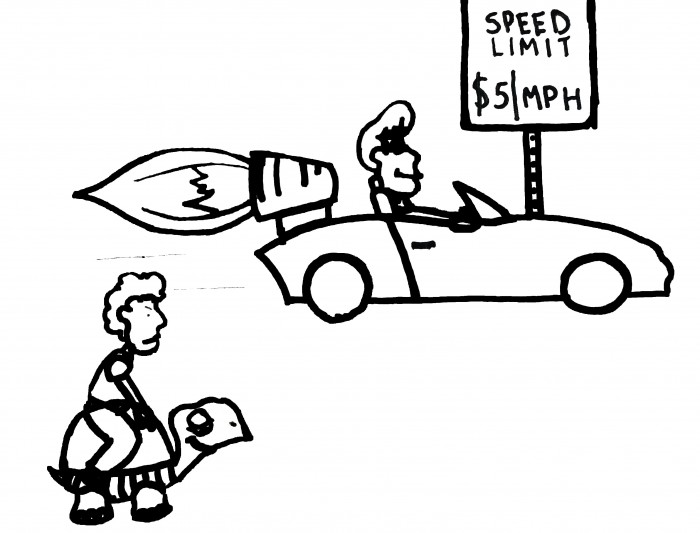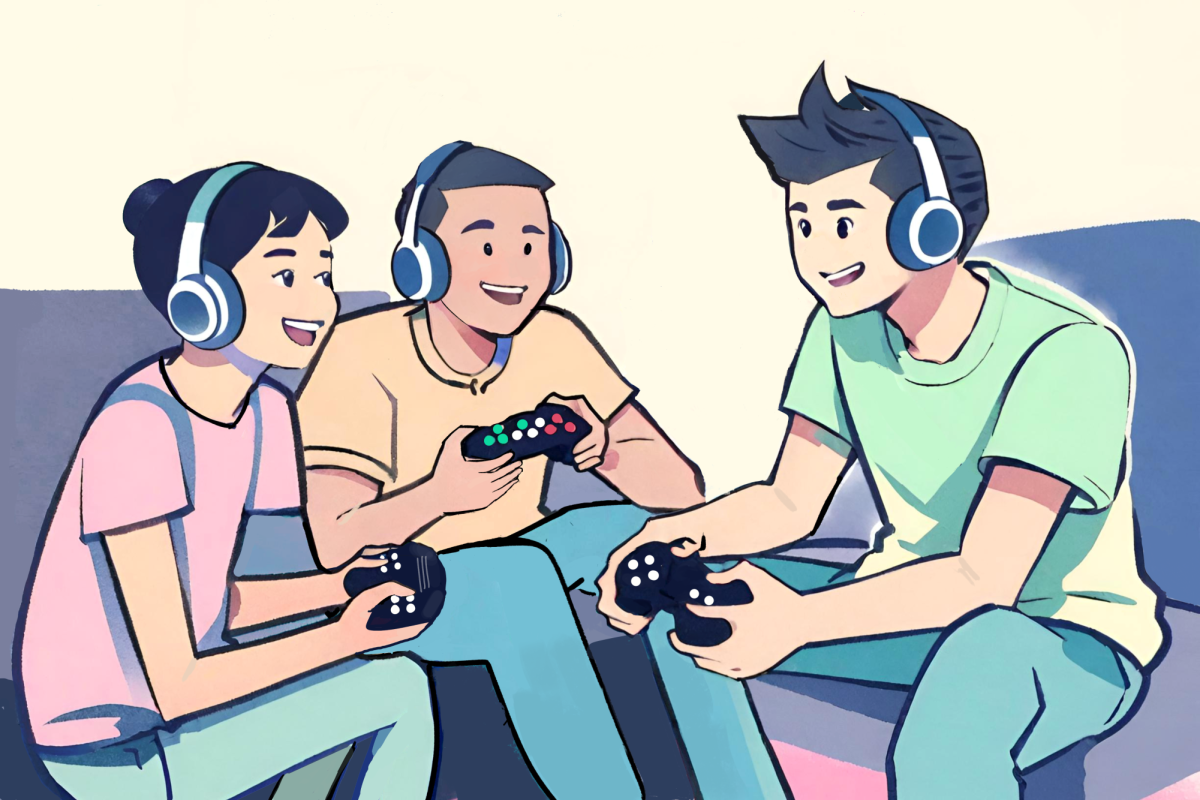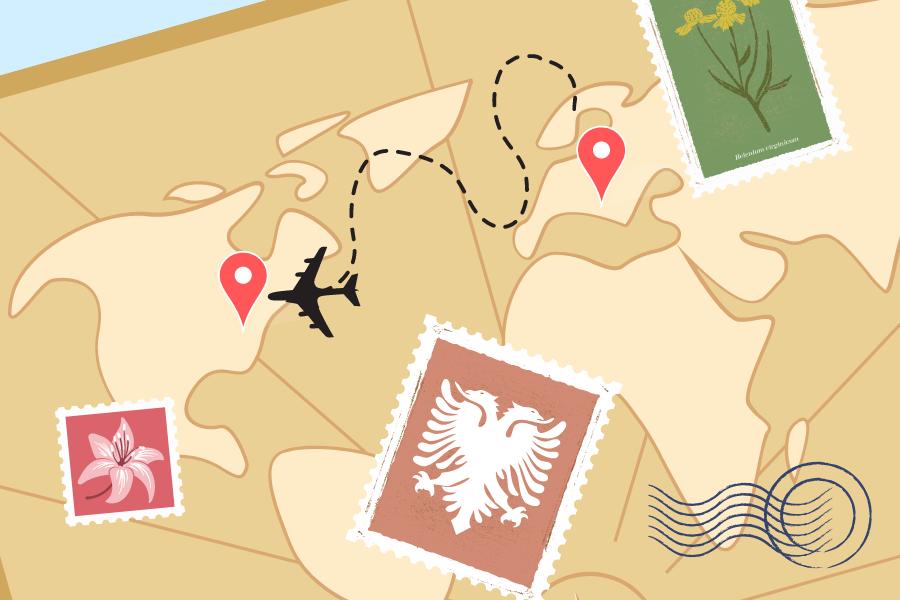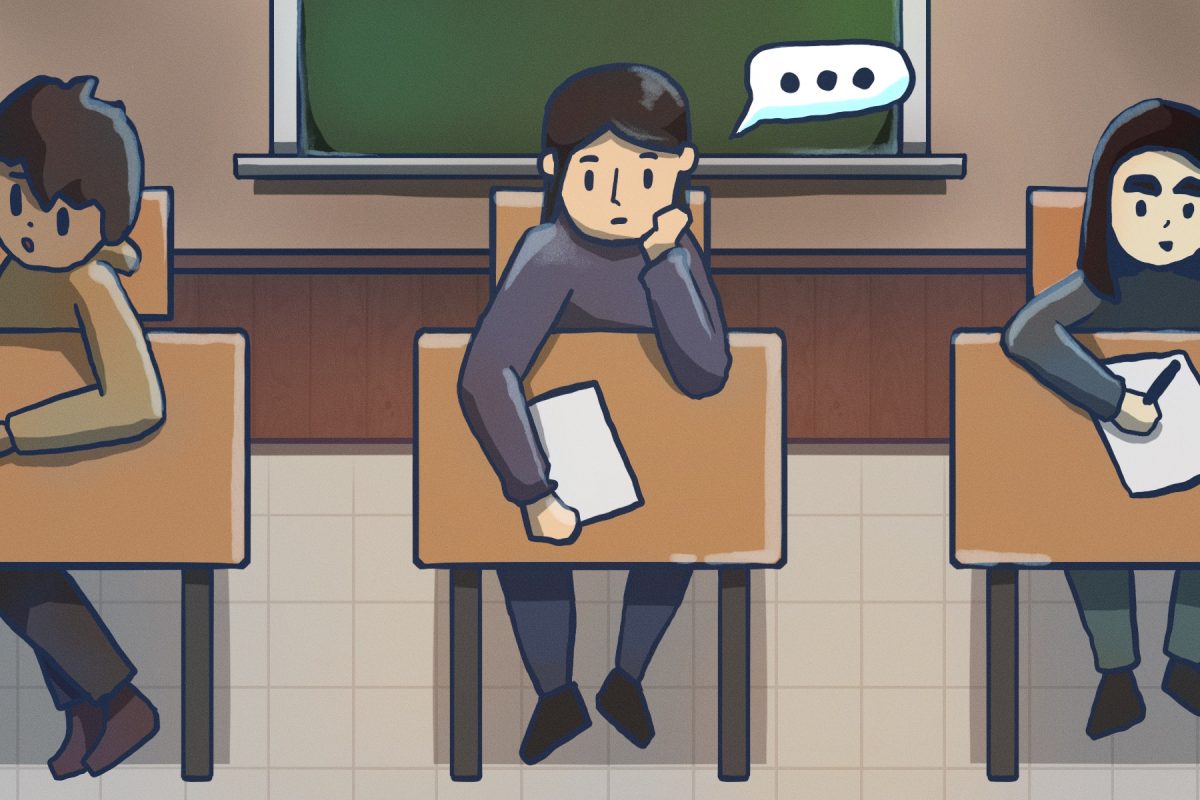Imagine if the highways operated on a pay-for-speed basis. Companies had a monopoly on the roads, and the faster you wanted to go, the more you had to pay.

The rich would rocket past the poor, who would crawl along at tortoise speeds because they couldn’t afford the higher fees.
Of course we wouldn’t stand for this. Roads and other such infrastructure touches practically every American on a daily basis, so it should be equal for everybody, right? The Internet is no different, yet some people are up in arms over the Federal Communication Commission’s new net neutrality rules.
Net neutrality is the principle that Internet providers should allow access to all content without discrimination or favoritism towards certain websites. This ideal lies at the heart of the FCC’s landmark decision.
The rules, passed in a vote Thursday, prohibit Internet service providers (ISPs) like Verizon or Comcast from favoring one website over another based on how much they pay the provider, referred to as paid prioritization. This practice would allow wealthier, more established companies to pay the ISPs and get access to faster Internet lanes, while smaller companies would have slower transmission speeds.
Unsurprisingly, ISPs weren’t ecstatic about the decision. It shuts them out of potential money large companies would have paid for faster speeds. But their responses to the rules devolved into petty protests unfit for a national company.
Take Verizon, for example. It released a statement written in Morse Code, condemning the FCC for “imposing 1930s rules on the Internet” because the FCC’s rules classify the Internet as a public utility, thus subjecting it to Title II of the Communications Act of 1934.
Title II allows the FCC to regulate the Internet and uphold the principle of net neutrality by banning most paid prioritization practices. The rules were updated in 1996, and the FCC’s decision tells regulators to “forbear” from certain sections of Title II which are not relevant to broadband providers. Claiming that the Internet will now be regulated the same as 1930 phone companies, as Verizon did, is simply false.
You’re probably thinking right now, “Why do I care? Nothing’s going to change for me.” And that’s true, which is why the FCC’s decision is so important. The Internet experience will basically remain the same. If the scales had tipped the other way, however, you would notice. Sites which didn’t pay for faster speeds might load slower, and sites which did cough up the extra money may charge users for access to sites to offset the costs.
But an idea larger than needing to pay extra for the next season of “Breaking Bad” is at stake here. America is founded upon free speech for all citizens. If execs at Verizon are able to slow The Black & White’s website because they disagree with this article or because we didn’t pay extra fines for faster speeds, our Constitutionally-given right has been violated.
So whether you’re planning to create an internet start-up or just surf on the web for a bit, know that the FCC has your virtual back.


















